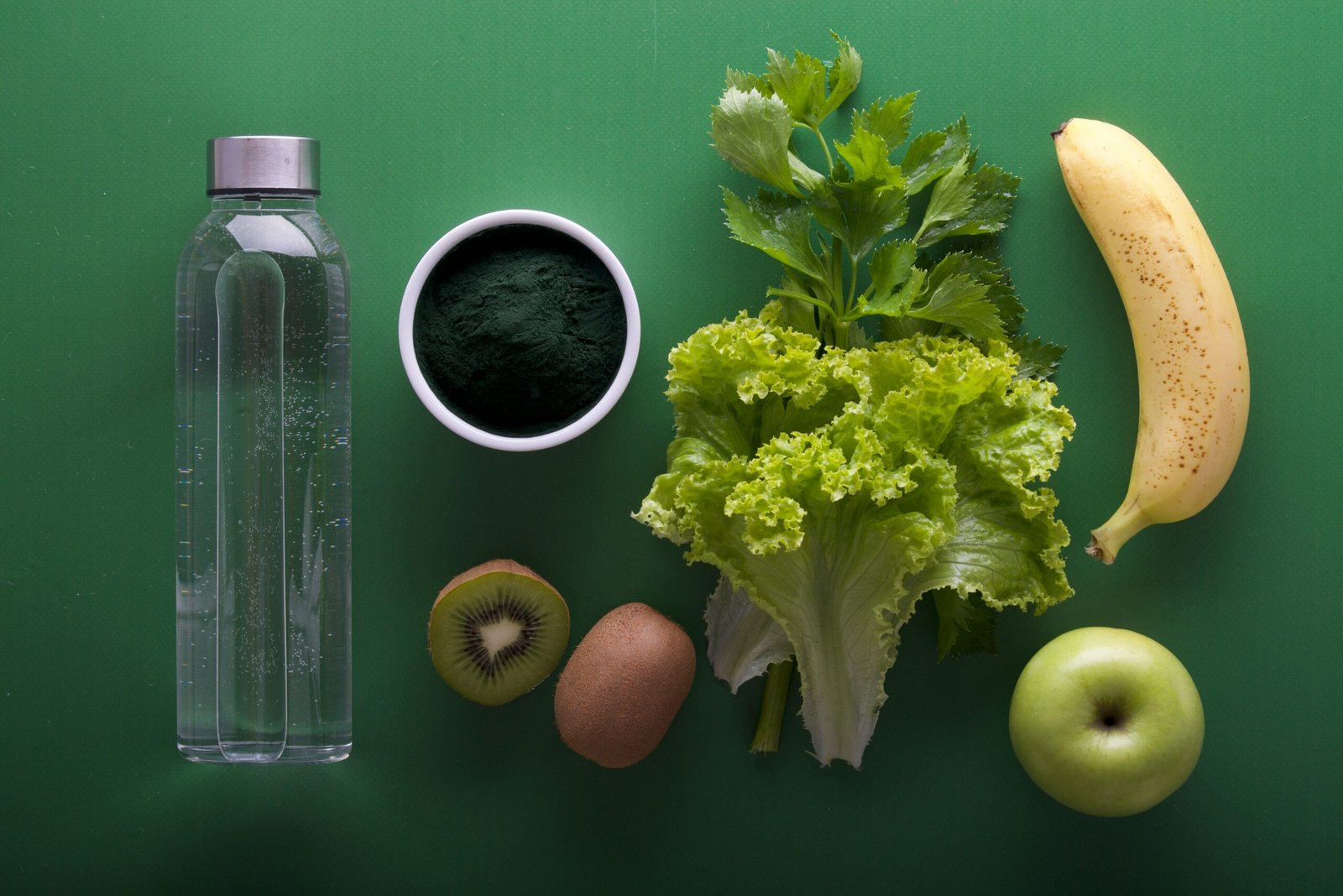The Vital Role of Water in Your Diet: Unlocking Its Benefits and Importance
Understanding Water’s Role in the Human Body
Water is essential for the human body’s optimal functioning, accounting for approximately 60% of an adult’s total body weight. This vital fluid plays a fundamental role in numerous physiological processes that sustain life. The significance of water can be observed across various bodily functions, making its presence crucial for maintaining health and well-being.
One of the primary functions of water is aiding in digestion. It facilitates the breakdown of food, which is vital for nutrient absorption. Saliva, primarily composed of water, initiates the digestive process by moistening food and creating a slurry that can be easily swallowed. Furthermore, water is involved in the production of digestive juices in the stomach and bile in the liver, both of which are essential for efficient digestion.
In addition to supporting digestion, water plays a pivotal role in transporting nutrients throughout the body. It acts as a medium for delivering vital substances, such as vitamins, minerals, and other nutrients, to cells and tissues. Adequate hydration ensures that these essential compounds reach their intended locations efficiently, promoting overall health and functionality.
Temperature regulation is another critical aspect of water’s role in the body. As the body generates heat through metabolic processes and physical activity, water helps to maintain a stable internal temperature through perspiration. When the body overheats, sweat, primarily made up of water, evaporates from the skin, producing a cooling effect that prevents overheating.
Finally, water is instrumental in waste elimination. The kidneys rely on water to filter waste products from the blood and excrete them through urine. This process is vital for detoxifying the body and maintaining proper fluid balance, further emphasizing the significance of adequate hydration in day-to-day life.
The Benefits of Proper Hydration
Proper hydration is essential for maintaining overall health and well-being. Adequate water intake plays a crucial role in enhancing energy levels, as it supports numerous bodily functions that are vital for daily activities. When the body is well-hydrated, it can efficiently transport nutrients, regulate temperature, and facilitate metabolic processes, all of which contribute to sustained energy throughout the day. Conversely, even mild dehydration can lead to fatigue and decreased physical performance, underscoring the importance of regular water consumption.
In addition to boosting energy, proper hydration significantly enhances cognitive function. Studies indicate that dehydration can negatively impact concentration, alertness, and short-term memory. Drinking sufficient amounts of water helps maintain optimal brain function, thereby improving focus and cognitive sharpness. This is especially important for individuals engaged in demanding tasks, whether at work or school, where mental acuity is essential.
Furthermore, hydration is critical for physical performance. Adequate water intake enables muscles to function effectively and helps in the regulation of body temperature during exercise. It is particularly important for athletes and those who engage in regular physical activity, as even slight dehydration can lead to diminished performance and greater risk of injury.
Beyond energy and cognitive benefits, proper hydration contributes to healthier skin. Water helps maintain skin elasticity and promotes a clear complexion by flushing out toxins and preventing dryness. Moreover, it can play a role in weight management, as consuming water before meals can create a sense of fullness, potentially leading to reduced caloric intake.
Lastly, sufficient hydration is essential for preventing various health issues, such as kidney stones and urinary tract infections. Water aids in diluting substances in urine that lead to these conditions, underscoring the importance of maintaining proper hydration for overall health.
How Much Water Should You Drink?
Determining the appropriate daily water intake can be a complex matter, as it varies significantly based on individual circumstances. The commonly cited guideline of drinking eight 8-ounce glasses of water per day—known as the ‘8×8 rule’—may not be universally applicable. Factors such as age, activity level, climate, and overall health play crucial roles in establishing hydration needs.
Age is a significant factor influencing water requirements. For instance, infants and children require different amounts due to their higher fluid turnover when compared to adults. As individuals age, their sense of thirst can diminish, potentially leading to inadequate hydration. Thus, older adults must be particularly vigilant in ensuring sufficient water intake to avoid dehydration.
Physical activity levels also substantially affect hydration needs. Engaging in rigorous exercise or strenuous activities increases the body’s demand for fluids to replace losses from sweat. It is generally recommended that those who exercise regularly drink more water proportionately to their level of exertion, ensuring optimal hydration.
Climate and environmental conditions further influence how much water one should consume. Hot and humid weather can lead to excessive fluid loss through perspiration, necessitating increased water intake. Conversely, in colder climates, individuals may not feel as thirsty even though they still need substantial hydration to maintain physiological balance.
Health status is another critical element to consider. Certain medical conditions, such as kidney disease or diabetes, may require adjusted water intake guidelines. Pregnant and breastfeeding women often need increased hydration as well, making it essential for these populations to monitor their fluid consumption closely.
Health organizations typically recommend personalized hydration strategies rather than a one-size-fits-all approach. By considering these various factors, individuals can better assess their hydration needs and ensure they maintain optimal fluid balance for overall health and well-being.
Practical Tips for Staying Hydrated
Staying adequately hydrated is crucial for maintaining optimal health and well-being. Here are some practical strategies to incorporate more water into your daily routine. One effective method is to infuse your water with various fruits and herbs. By adding slices of cucumbers, citrus fruits, or a handful of mint leaves, you can enhance the flavor and appeal of plain water, making it a more enjoyable beverage choice. This simple addition can elevate your hydration experience and encourage you to drink more water throughout the day.
In addition to flavored water, incorporating hydrating foods into your meals can significantly contribute to your overall water intake. Fruits such as watermelon, oranges, and strawberries, as well as vegetables like cucumbers, tomatoes, and lettuce, have high water content and provide essential nutrients. By including these foods in your diet, you not only benefit from their hydration properties but also enjoy the added nutritional value they offer.
Furthermore, setting reminders to drink water can effectively establish a consistent hydration routine. Consider using mobile apps, alarms, or notes placed in visible areas as cues to remind you to take a sip. This can be particularly helpful during busy days when it’s easy to forget about hydration. Additionally, choosing suitable beverages is essential; opt for water, herbal teas, or low-sugar drinks over sugary sodas and caffeine-laden beverages, as they can contribute to dehydration.
Lastly, it’s important to monitor your hydration levels, especially during exercise and in hot weather. Pay attention to signs of dehydration, such as dry mouth or dark yellow urine, as these can be indicators that you need to replenish fluids. Keeping a water bottle nearby while exercising or spending time outdoors can serve as a prompt to maintain hydration. By integrating these practices into your lifestyle, you can ensure that you remain hydrated and enjoy the numerous benefits of water in your diet.








Add comment